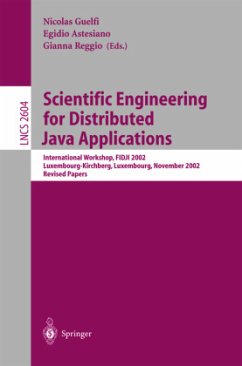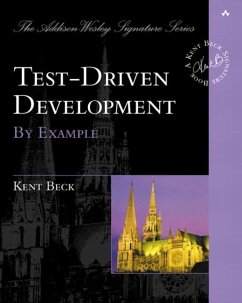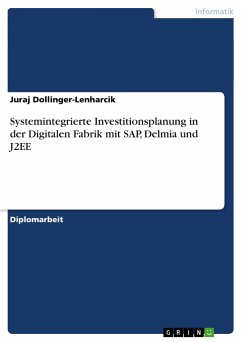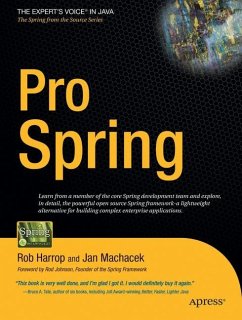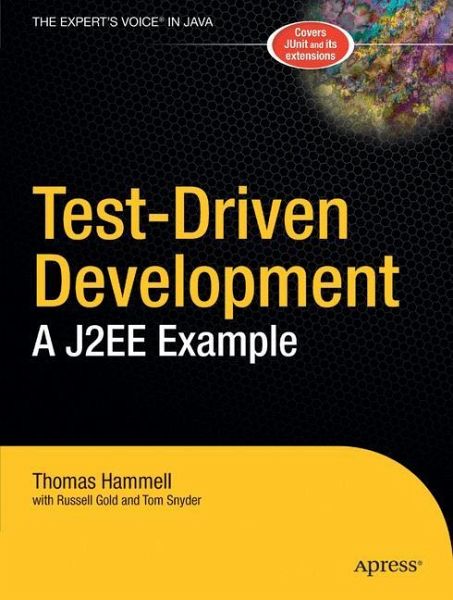
Test-Driven Development
A J2EE Example
Versandkostenfrei!
Versandfertig in 1-2 Wochen
24,99 €
inkl. MwSt.

PAYBACK Punkte
12 °P sammeln!
Test-driven development was first introduced as part of the extreme programming (XP) paradigm. While not everyone agrees with all aspects of XP, most developers believe in the benefits of test-driven development. Although the basic techniques of test-driven development are simple to understand, its application in the real world requires knowledge of certain tools and techniques needed to effectively create, run and organize tests.
This book is targeted at Java developers who want to learn how to use test-driven development to improve the development process for constructing J2EE applications.
This book is targeted at Java developers who want to learn how to use test-driven development to improve the development process for constructing J2EE applications.
While basic techniques of test-driven development are simple to understand, real-world application requires knowledge of tools and techniques to effectively create, run and organize tests. This book bridges the gap between simple concepts and complex application. Ideal for Java developers, this book explains how to use test-driven development to improve J2EE construction.
Not version-specific, this unprecedented book explains development tools and methodologies in conjunction with real-world cases and examples. It includes the use of open source unit testing frameworks such as JUnit and its extensions. The authors include complete stages: test coverage strategies, test organization, TDD incorporation, and automation. Two appendices are also included, for test planning and reference.
Not version-specific, this unprecedented book explains development tools and methodologies in conjunction with real-world cases and examples. It includes the use of open source unit testing frameworks such as JUnit and its extensions. The authors include complete stages: test coverage strategies, test organization, TDD incorporation, and automation. Two appendices are also included, for test planning and reference.









